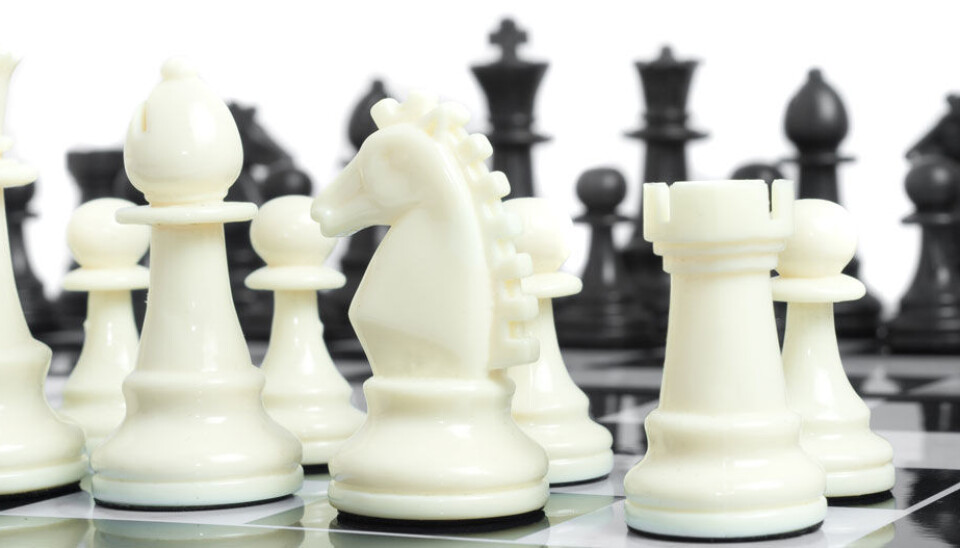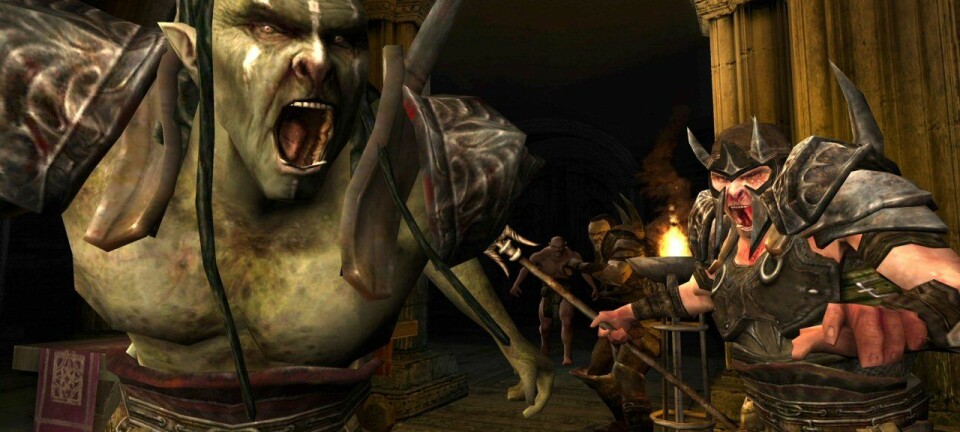
An elusive formula would devastate chess
There is a formula or recipe that would ensure the white pieces, which make the first move in chess games, never lose. No one has found it yet. But do we really want to?
Denne artikkelen er over ti år gammel og kan inneholde utdatert informasjon.
While Norway’s Magnus Carlsen and India’s Viswanathan Anand slug it out in the World Chess Championship, mathematicians are playing with a theory that would spoil the game and make these kinds of matches superfluous.
An ultimate recipe for victory exists. But nobody has discovered it yet.
Insufficient computing power
“Everyone agrees that if a computer were given X number of years, it would be able to calculate the ultimate way to win at chess. Or at least the ultimate way of averting a loss,” says Kjetil Haugen. Hagen is vice-rector of Molde University College, a professor of logistics and sports management and an avid game theory enthusiast.
The claim is not new – in fact it is 100 years old in this year of the World Chess Championship. In 1913 the German mathematician Ernst Zermelo published what would come to be known as Zermelo’s theorem.

Briefly, the theorem says that in any finite two-person game involving alternating moves – where both players can follow every move and chance does not influence the decision-making process – a winning strategy exists.
The theorem has been interpreted in various ways through the decades.
“The main problem hindering the discovery of that formula involves the limits of computer power,” says Haugen.
He explains that a chess game involves an unfathomable number of possible moves. With the world’s current hardware capacity, no such winning formula is likely to be found in the near future. And do we really want to find a recipe for victory?
Tic-tac-toe to the Nth degree
He compares chess to tic-tac-toe, also called noughts and crosses. It’s a simple game with nine squares in which whoever starts can be guaranteed at least a draw.
“This is why they don’t organise a world championship in tic-tac-toe. Chess is an overgrown version of it. As a game it is structurally very similar, with two players taking alternating moves within a finite strategic space. But in reality they are far apart. The possible moves in chess are also finite, but the difference between them is an enormous order of magnitude.”
Haugen is placing no bets on any math or computer genius at the Molde University College solving the chess formula once and for all.
The rules a neck ahead
“I hope that doesn’t happen. For the sake of chess, and for all those who love chess,” he says.
If the secret formula for determining the outcome of any game of chess were to be found, the game rules would have to be changed to keep ahead of the computational powers of machines. The ancient game would be altered to stay at least the neck of a knight ahead of technology.
Professor Kjetil Haugen admits that he doesn’t play chess. He prefers to watch soccer.
“That, too, is a thrilling game involving plenty of mathematics. Quite a lot about soccer has much in common with my work,” he says with a smile.
----------------------
Read the Norwegian version of this article at forskning.no
Translated by: Glenn Ostling

































